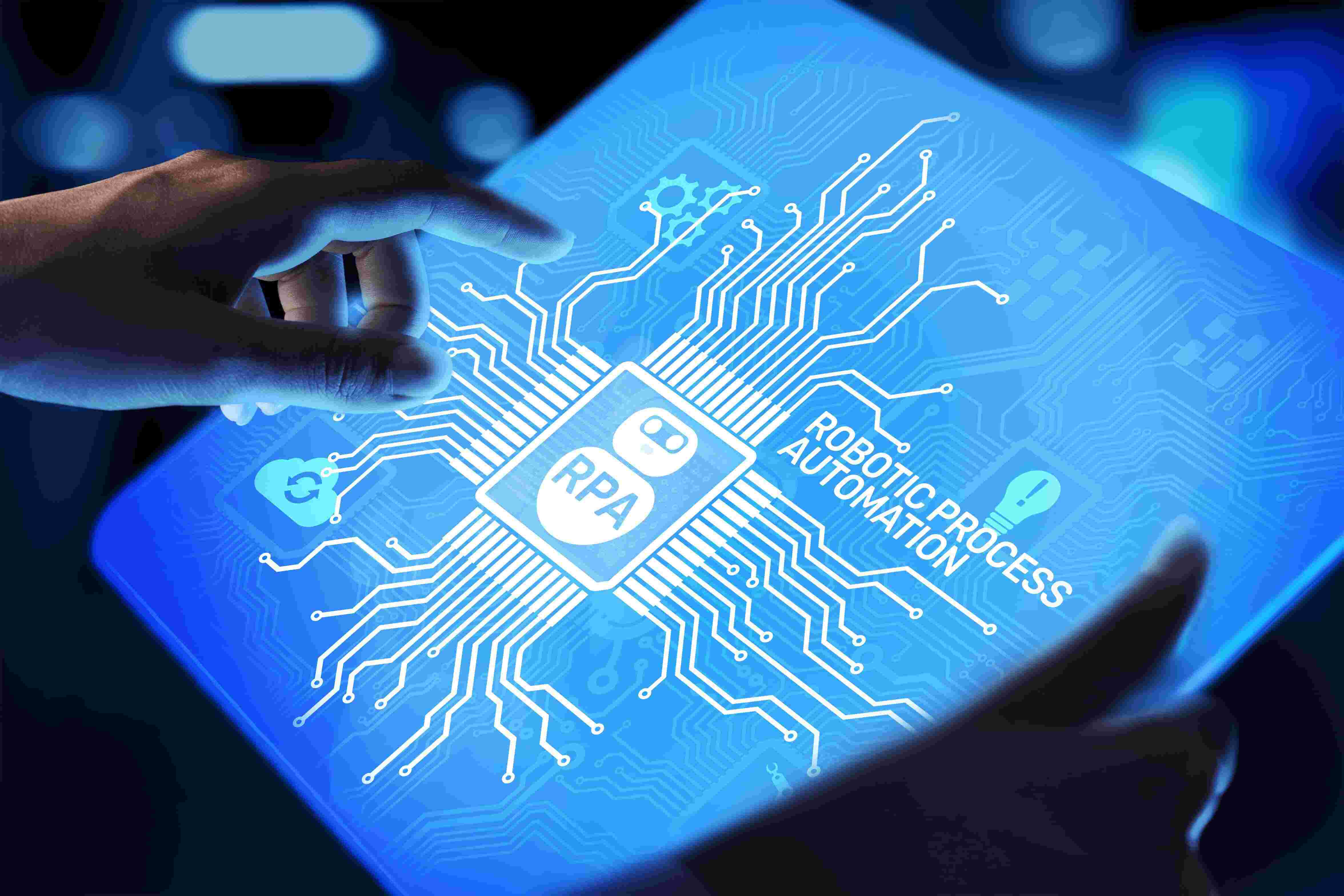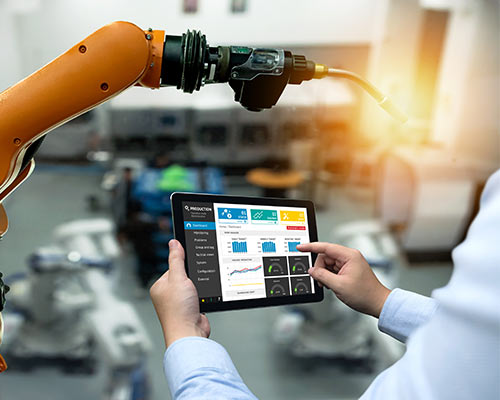Artificial Intelligence (AI) doesn’t always have to be about the attention-grabbing aspects of the technology, like robots in surgery. One of the most noticeable benefits of AI is automation in the sphere of healthcare, which usually flies under the radar when it comes to news headlines. Despite the lack of hype, using AI to automate fundamental and repetitive tasks in healthcare operations and administration can result in improved patient experience, service quality, project implementation and reduced costs.
Advances in technologies like AI and machine learning are driving key transformations in how technology is applied in everyday healthcare environments. As businesses, practitioners and IT leaders work to enhance clinical outcomes, hospital operations and patient experience, understanding the opportunities, automation has become crucial in healthcare.
Through AI and ML, computers are taught to recognize patterns in unorganised data, turning it into structured data effectively that enables automation. Over the next two or three years, innovations in areas like revenue cycle, operations and electronic health records (EHR) will enable AI throughout the healthcare system. Artificial Intelligence will be integrated into the clinical workflow in existing mechanisms like the EHR and picture archiving and communication systems (PACS), empowering businesses with real-time data at the point of care.
Unearth the Economic Opportunity in Automation in Healthcare
One of the principal benefits of implementing Robotic Process Automation (RPA) powered with AI in healthcare is that it enables new projects and innovations which were previously considered to be out of reach due to time or cost constraints. If the cost of a project can be lessened by 50% by deploying RPA to automate key processes, then the project becomes a success. Cost-savings in one field can free up dollars to invest in another. According to a report by Accenture, AI represents an $18 billion value in administrative workflow assistance.
4 Ways Automation Can Make an Impact in Healthcare:
As these new technologies and tools take hold, having the right infrastructure to maintain high-performance computing, capable of handling huge data — is paramount. Automation can have a significant impact on many operational and administrative areas of healthcare:
1. Faster data flow to enrich EHRs
Vendors are constantly working to improve the capabilities of EHRs to produce and extract data in as close to real-time as possible through new application programming interfaces and innovative ways to harness the power of data. Such efforts could lessen physician frustration and improve patient care as practitioners get the data they need at the right time in the right setting.
2. Improved ordering+
One of the most time-taking processes for practitioners is the ordering process within the EHR. A decade ago, a physician could scrawl an order onto a prescription pad in seconds, compared to the hundreds of clicks it takes to complete an order today. AI and predictive technologies can make a real impact to drive efficiencies.
3. Smarter billing
Businesses are working on automating decision-making, like pre-authorizations, through machine learning. Deploying AI in revenue cycle applications can aid companies in generating bills faster, ultimately presenting bills to customers before they leave the hospital.
4. Adaptive staffing
Healthcare organizations are starting to leverage machine learning to adjust staffing to support varying emergency department patient volumes and to lessen wait times in ambulatory services. By using historical data across multiple sources, businesses can understand when to onboard employees to handle an influx of patients for certain reasons.
It is clear that ACI RPA and AI have vast potential for healthcare firms to innovate. These disruptive technologies and tools have already started transforming the administrative processes of healthcare and the future scope is boundless.





